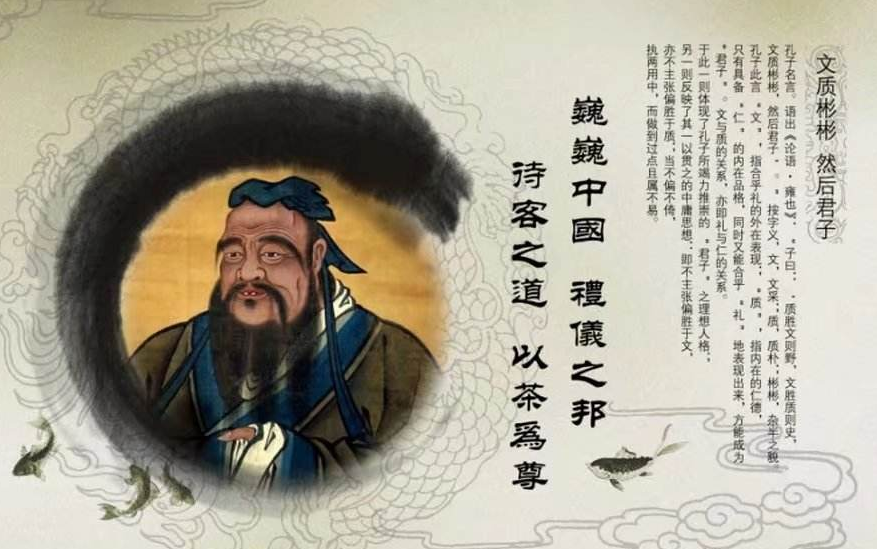The Master said, "The men of former times in the matters of ceremonies and music were rustics, it is said, while the men of these latter times, in ceremonies and music, are accomplished gentlemen.
子曰:“先进于礼乐,野人也;后进于礼乐,君子也。
"If I have occasion to use those things, I follow the men of former times."
如用之,则吾从先进。”
The Master said, "Of those who were with me in Ch'an and Ts'ai, there are none to be found to enter my door."
子曰:“从我于陈、蔡者,皆不及门也。”
Distinguished for their virtuous principles and practice, there were Yen Yuan, Min Tsze-ch'ien, Zan Po-niu, and Chung-kung; for their ability in speech, Tsai Wo and Tsze-kung;
德行:颜渊,闵子骞,冉伯牛,仲弓;言语:宰我,子贡;
for their administrative talents, Zan Yu and Chi Lu; for their literary acquirements, Tsze-yu and Tsze-hsia.
政事:冉有,季路;文学:子游,子夏。

The Master said, "Hui gives me no assistance, There is nothing that I say in which he does not delight."
子曰:“回也非助我者也,于吾言无所不说。”
The Master said, "Filial indeed is Min Tsze-ch'ien! Other people say nothing of him different from the report of his parents and brothers."
子曰:“孝哉闵子骞!人不间于其父母昆弟之言。”
Nan Yung was frequently repeating the lines about a white scepter stone, Confucius gave him the daughter of his elder brother to wife.
南容三复白圭,孔子以其兄之子妻之。
Chi K'ang asked which of the disciples loved to learn. Confucius replied to him, "There was Yen Hui; he loved to learn,
季康子问:“弟子孰为好学?”孔子对曰:“有颜回者好学,
Unfortunately his appointed time was short, and he died. Now there is no one who loves to learn, as he did."
不幸短命死矣,今也则亡。”













